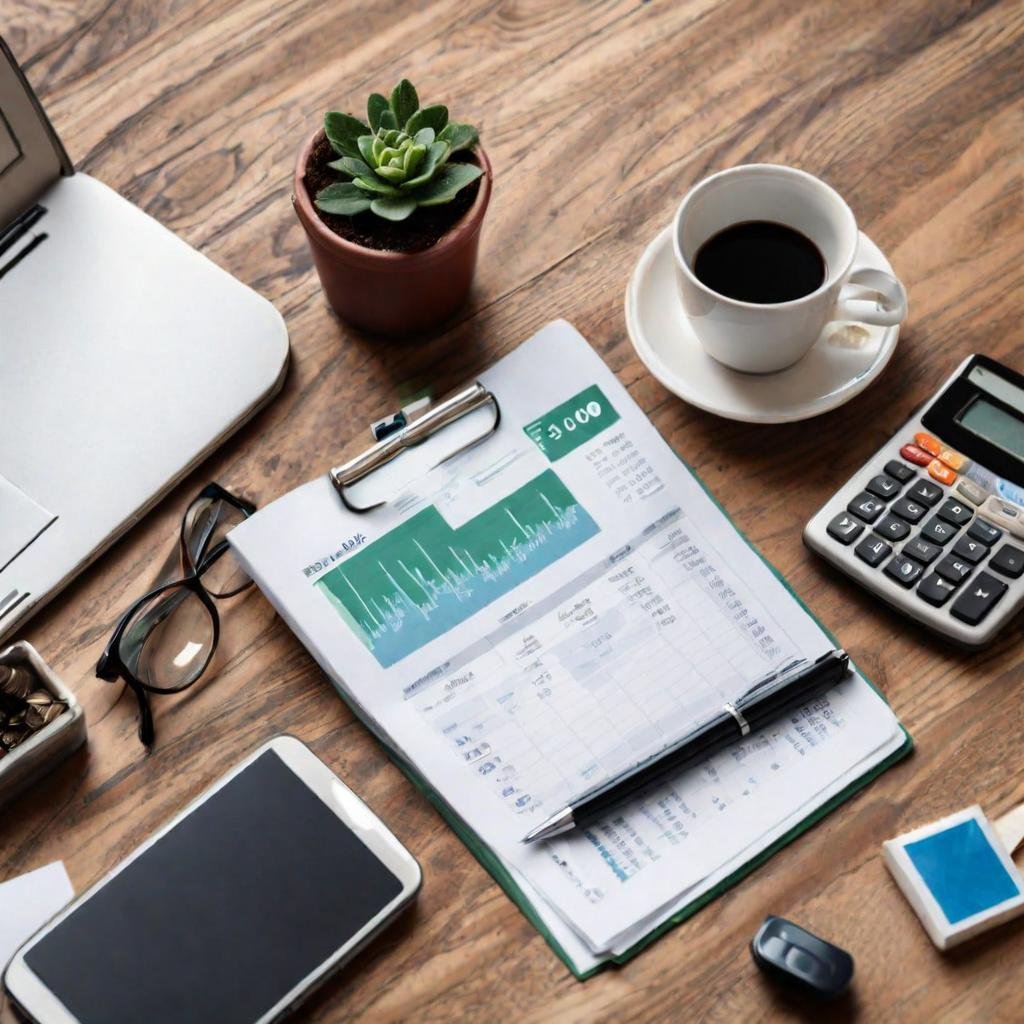Table of Contents
Introduction
Welcome to our journey towards mastering money and building sustainable personal finance habits! In today’s fast-paced world, achieving financial stability and success requires more than just financial knowledge. It’s about cultivating sustainable habits that empower you to make informed financial decisions and achieve your long-term goals. In this comprehensive guide, we’ll explore the key principles and strategies for building sustainable personal finance habits that will set you on the path to financial freedom.
Understanding the Problem
Many individuals struggle with managing their finances effectively, leading to stress, debt, and uncertainty about their financial future. The root of the problem often lies in unsustainable financial habits, such as overspending, lack of savings, and poor budgeting. These habits can derail your financial progress and hinder your ability to build wealth over time.
Steps To Start Building Sustainable Personal Finance Habits
Budgeting Wisely
One of the foundational pillars of sustainable personal finance is budgeting. Create a realistic budget that accounts for your income, expenses, savings goals, and debt payments. Track your spending regularly to identify areas where you can cut back and redirect funds towards your financial priorities.
You can create a monthly budget that allocates 50% of your income to essentials like rent, utilities, groceries, and transportation, 30% to discretionary spending on dining out, entertainment, and shopping, and 20% to savings and debt repayment. By sticking to your budget, you will ensures that you cover your needs, enjoys some lifestyle perks, and save for the future.
Embracing Frugality
Practicing frugality doesn’t mean living a deprived life but rather being mindful of your spending and making conscious choices that align with your financial goals. Look for ways to save money on everyday expenses, prioritize needs over wants, and avoid impulse purchases. For example, you can switch to a cheaper cell phone plan, cooks meals at home instead of eating out, and shops for clothing during sales or thrift store visits. These small adjustments help you save money without sacrificing your quality of life.
Building Emergency Fund
Financial emergencies can arise unexpectedly, so it’s crucial to build an emergency fund to cover unexpected expenses like medical bills, car repairs, or job loss. Try to save at least three to six months’ worth of living expenses in an easily accessible account. To get you started, try setting aside a portion of your income each month into a high-yield savings account designated for emergencies. By doing this, say for example your car needs repairs, you can easily use your emergency fund instead of relying on credit cards or loans, avoiding additional debt.
Investing for the Future
Building wealth and achieving long-term financial goals require smart investing. Consider investing in retirement accounts like 401(k) or IRA, diversified index funds, stocks, or real estate based on your risk tolerance and financial objectives. For practical example, you can start contributing regularly to your employer’s 401(k) plan, taking advantage of employer matching contributions and potential tax benefits. This way you will also diversify your investment portfolio by investing in a mix of stocks and bonds to balance risk and return.
Practicing Financial Discipline
Staying disciplined with your financial habits is key to long-term success. Avoid impulsive spending, stick to your budget, resist lifestyle inflation, and prioritize financial goals over short-term desires. For example, you can set specific financial goals such as paying off a student loan in five years and saving for a down payment on a home. By doing this, you will stay disciplined by tracking your progress, avoiding unnecessary expenses, and staying focused on your priorities.
Conclusion
By incorporating these sustainable personal finance habits into your daily life, you can take control of your finances, reduce financial stress, and build a secure financial future. Remember, building sustainable habits takes time and effort, but the rewards of financial freedom and peace of mind are well worth it. Start implementing these strategies today and watch your financial journey transform for the better!
